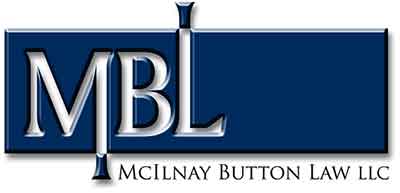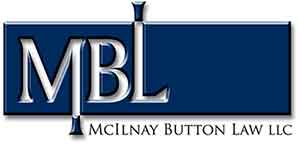By now most of you know that on May 13, 2020, the Wisconsin Supreme Court struck down the extension of “Safer At Home” order that had effectively closed nonessential businesses. Barring further action by the legislature or local governments, that means that you can legally open your “nonessential” business. Still you should be aware of your responsibility under Wisconsin’s safe place statute, Section 101.11 of the Wisconsin statutes. On its face, the statute has implications given the current medial opinions regarding the infectious and potentially fatal nature of the novel coronavirus. The language of the statue provides in part:
Frequenters for most small businesses translates as customers, but it may apply to any non-employees visiting your business. When it comes to a legal definitions of what is “reasonably adequate,” the only definitive answer is that it is up to a jury and you will not know for sure until you take a case through trial. Nevertheless, here are some practical steps that will provide you a better chance of defending your business in the case of a COVID-19 claim.
- Choose one of the guidelines published by a reputable health organization for workplace safety relative the coronavirus. We know most of these already, social spacing, face masks, hand washing, leaving work if your ill, and disinfection of surfaces. Which ever you choose, stick with it. Avoid the temptation to write your own policies which unless you are a health care professional, you could not later defend given the uncertain science around the spread of the coronavirus. Rely on the experts.
- Publish these guidelines and document that all employees were provided copies, received training, and told that compliance with the guidelines is mandatory. Maintain records of disciplinary actions taken for violation of the guidelines. This can be useful evidence that as the employer you took reasonable actions to keep the workplace safe.
- Post guidelines in conspicuous spaces to inform the public of your expectation that they too will abide by the guidelines while on your premises, and be willing to decline service to anyone who is willfully non-compliant. Again, documenting any incidence of difficulty, even just a journal entry, can prove valuable later when memories have faded or employees have left.
Potential claims related to COVID-19 will face challenging hurdles, such as proving where the virus was contracted and whether adequate steps could have prevented exposure. Nevertheless, claims will inevitably be made in the same way that asbestos claims were made despite numerous potential sources of exposure. Taking a few steps preparing for and easing back into business may save your business from the expense and negative publicity of a baseless claim.
Resources
Wisconsin Safety Council: Returning to Work

